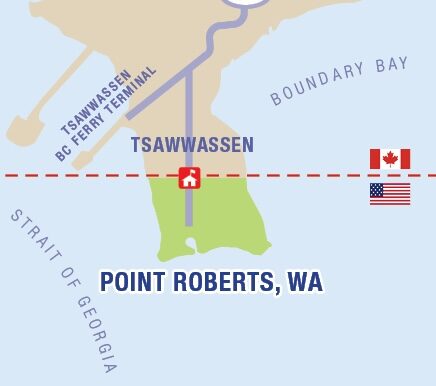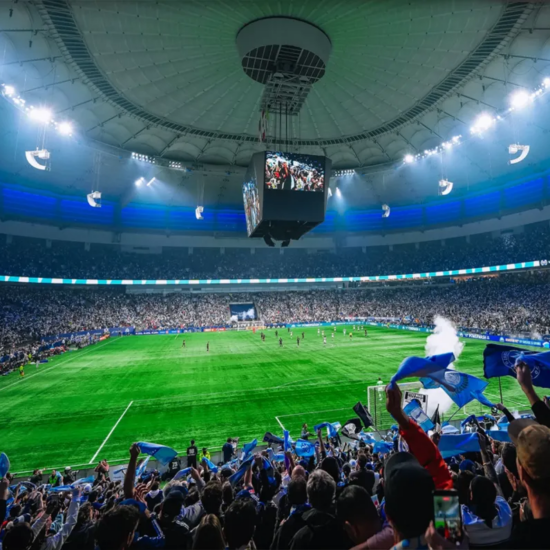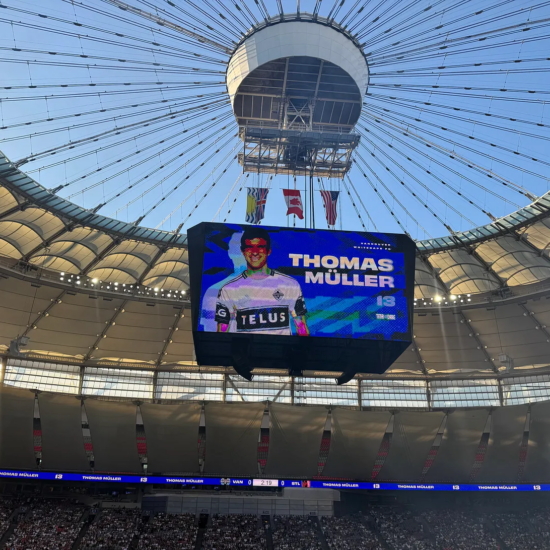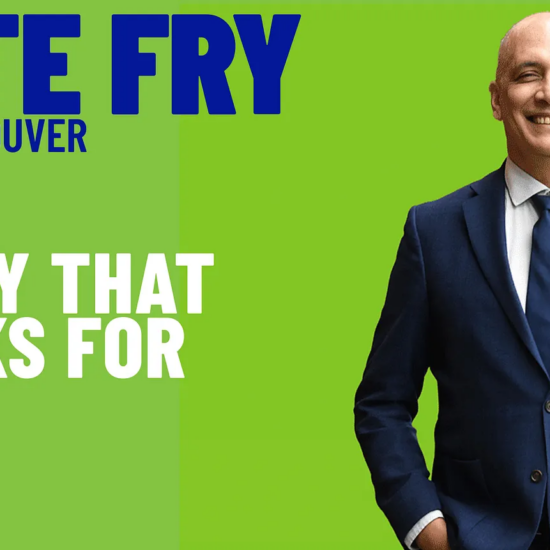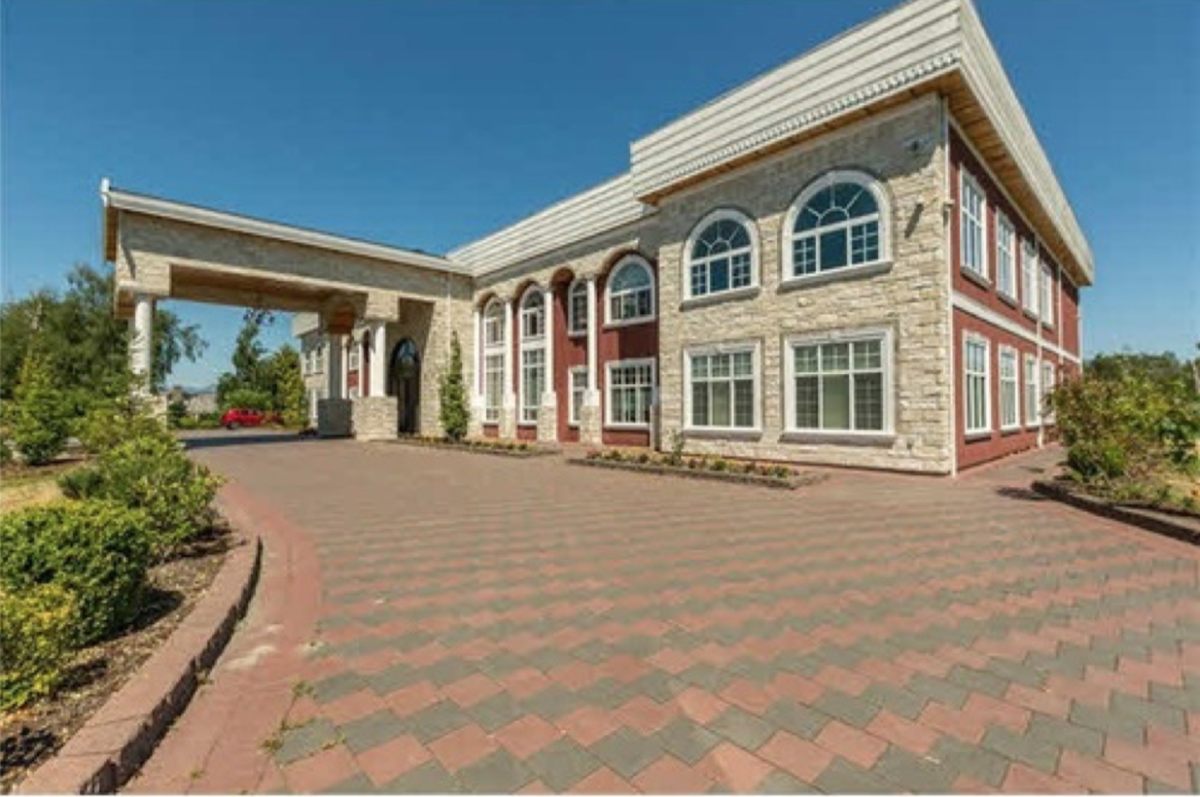
Bob Mackin
A new report to the B.C. NDP government estimates that $5.3 billion was laundered in real estate last year.
Combatting Money Laundering in B.C. Real Estate estimated that $47 billion was laundered in Canada last year, of which $7.4 billion of the dirty money was in B.C.
The best estimate of the expert panel that authored the report is that money laundering makes house prices 3.7% to 7.5% higher in B.C.
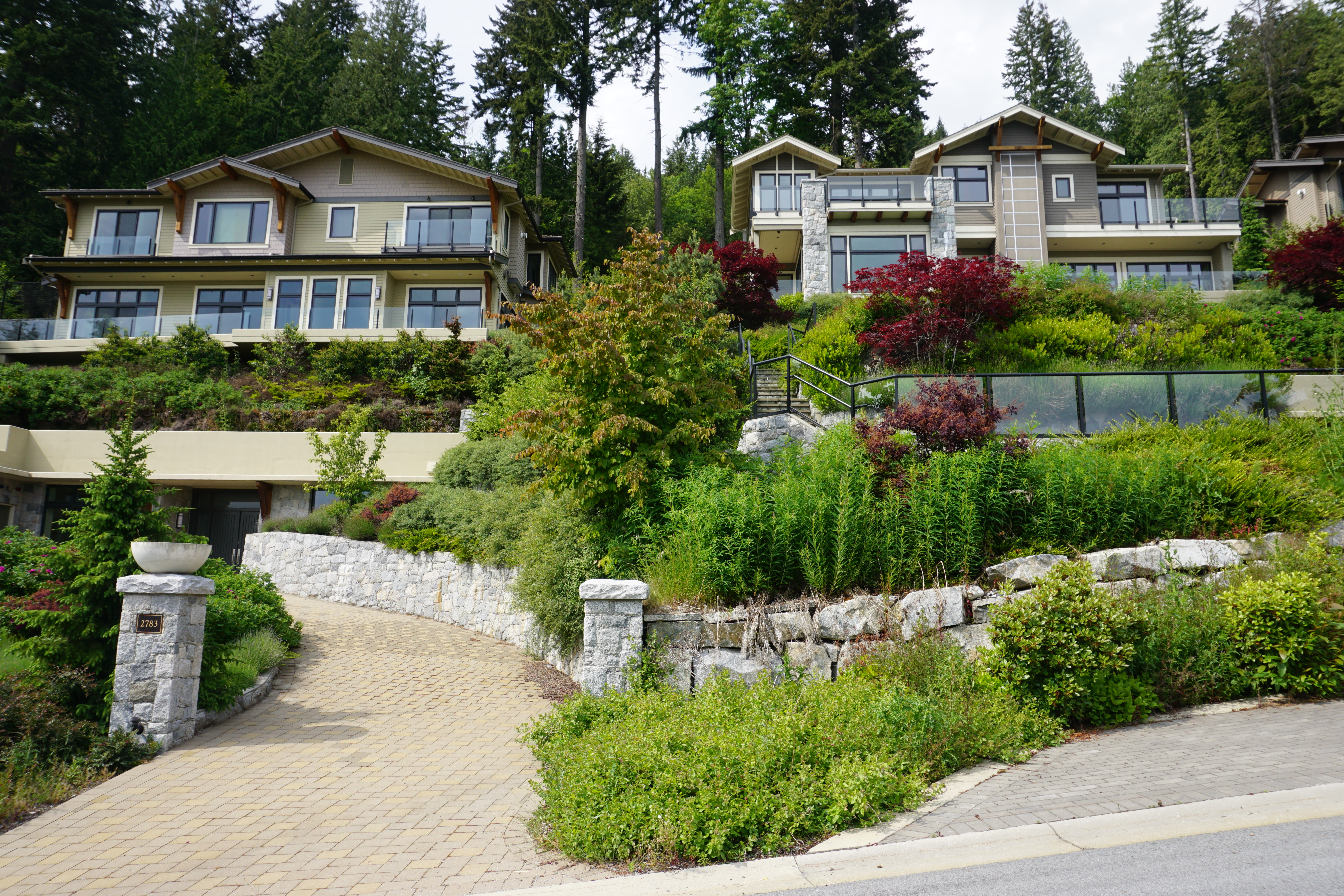
Mansions in West Vancouver owned by a former Chinese government official and his daughter (Mackin)
“If money laundering investment is distributed throughout B.C. based on property values, then 83% would be in residential properties and 17% in identified non-residential property types,” the panel, led by former B.C. government bureaucrat Maureen Maloney, said in the May 9-released report. “At 4.5% of the volume of transactions for each property type, that would imply amounts of $4.6 billion for residential property and $0.7 billion for non-residential property.”
Maloney’s report made 29 recommendations. In a nutshell, the report concluded: “More agencies, regulatory improvements, new tools, better information, more investigation, enhanced coordination lead to less money laundering.”
The report emphasized the need for a beneficial ownership registry, which the NDP government has already adopted and is developing. However, Maloney made special mention of ease and economy of access to ensure transparency.
“Our work to date has indicated that the disclosure of the beneficial ownership of real estate is one of the most important measures of a regulator nature that can be taken to combat money laundering in real estate,” said a January letter from the panel to Minister of Finance Carole James. “Such disclosure is also important to combat tax avoidance and evasion. Without it, the actual ownership can be easily and effectively obscured by using a corporation and trust.”
Citing the Tax Justice Network, the panel supports a public registry, in open data format, and available for free or at a minimal cost.
The government has already decided that the Land Titles and Survey Authority of B.C. will handle the beneficial ownership registry, but has not made a regulation on the costs or which sectors will be exempt, other than government and law enforcement. LTSA handles the existing land titles database, which costs roughly $10 per property search. Last year, LTSA stopped providing the first owner name on title for free, a practice that had lasted for decades.
The report estimated $4.9 billion of dirty money in 2015 came to Canada from the United States and $3.5 billion from Europe and only $750 million from Eastern Asia. The authors admitted the latter figures may not be reliable.
“The result for Eastern Asia seems surprisingly low given the perception in B.C. that a lot of dirty money in the province flows from China. As suggested earlier in relation to limitations of the gravity model, if the incidence of crime in China is under reported even after the data is adjusted by the United Nations, then inflows from China to Canada will be underestimated. As B.C. has particularly close ties to China as a result of long-term migration flows, this will disproportionately affect the B.C. money laundering estimate.”
More than 3,400 individuals bought more than three properties in less than two years, according to Peter German’s second Dirty Money report, released May 9.
“Approximately 42% of the properties acquired through buying sprees are condominiums. Most of the remainder are single-family detached and semi-detached homes. Many of these prolific buyers acquire multiple units within the same building. There are 46 individuals who own eight or more units in a single development.”

From the Maloney report (BC Gov)
The report gave three examples:
A student in 2001, with a service address at a rented office outside B.C., bought more than 15 properties in the same Vancouver condo for $2.9 million. The properties are now worth $11 million;
A self-described homemaker went on two buying sprees, buying more than a dozen downtown row houses for $4.1 million; they are now worth $15 million.
Between 2014 and 2017, another homemaker bought fie luxury homes for $21 million, but only one is mortgaged. Her husband is believed to be the guarantor.
German’s report said that the use of nominees or straw buyers is common and is exploited by beneficial owners, including money launderers.
“Three per cent of B.C. titles (33,292 in 20 years) are held by persons whose occupation is listed as student, homemaker, or unemployed and approximately 25% of them had clear title. These tend to be expensive houses, with 88 houses over $10 million that are apparently owned by nominees.”
More than $16 billion of residential properties — almost 14,000 — are owned by persons with service addresses outside Canada, one in five are in high-risk money laundering jurisdictions. Twenty properties registered in the British Virgin Islands are owned by shell companies, that shield the names of directors, shareholders and beneficial owners.
German found more than 3,100 residential properties whose owners have a service address in one of 87 high-risk jurisdictions. Hong Kong (1,345) and China (774) are the two most common.
“Breaking down that total by property type, we see that the majority are condominiums, followed by single-family detached homes. A small number of agricultural properties and multi-family apartment buildings are owned by titleholders in high-risk jurisdictions.”
German pointed to weaknesses in data collection by the LTSA database, where there are buyers who have described themselves as “superdad,” “funemployed,” “wanna be ski bum,” “domestic diva,” “trophy wife,” and even “launderer.”
More to come…
Support theBreaker.news for as low as $2 a month on Patreon. Find out how. Click here.






